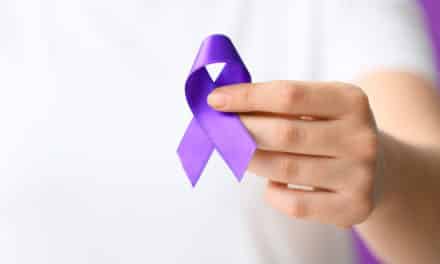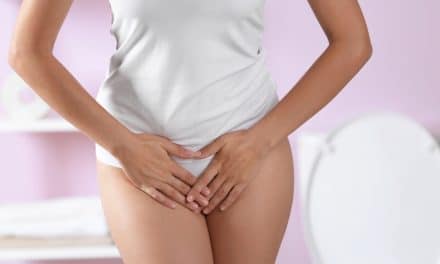Although Spain has a longer life expectancy than other countries, the health of Spanish women is below the EU average in several respects. According to the Global Women’s Health Index (GWHI), which assesses global health through international surveys, the number of Spanish women who report having some physical or health problem has increased since 2020.
To better understand this, we need to distinguish between life expectancy and healthy life years. According to various studies, while a 50-year-old woman in Spain currently has almost 40 more years of life ahead of her, this period is generally reduced to just over 15 years when considering healthy life years. The same applies to the assessment of well-being levels. In this regard, Spain is on a par with France and Italy but falls far behind Germany and Sweden, where healthy life expectancy after 50 is up to 20 and 25 years, respectively.
Why is this so? This is not an easy question to answer, as the assessment of good health takes into account socio-economic aspects such as working conditions, education and income levels, personal autonomy, social support and even our own subjective opinions. What is clear, however, is that declining health has an impact on longevity and personal well-being.
This is why public health officials recommend increasing prevention in order to detect conditions early and anticipate future health problems, as well as taking care of our lifestyles and raising awareness, since good health also depends, to some extent, on the care we devote to it.
In this post, we offer some preventive health tips on 6 key elements of women’s health with the help of Dr Alicia Úbeda, a Consultant at Dexeus Mujer’s Gynaecology Department:
Gynaecological health
- Have regular gynaecological check-ups.
- If your periods are very painful or you have any menstrual irregularities, see your gynaecologist. These could be symptoms of endometriosis or other conditions.
- From the age of 40 onwards, have annual or biannual mammograms.
- Tone your pelvic floor. This is especially important after childbirth and during and after menopause. Remember that involuntary urine leakage is not normal.
- From the age of 45, be aware of symptoms that may herald the onset of menopause: changes in menstruation or sleep, weight gain, vaginal dryness and atrophy. There are treatments available for these symptoms.
Sexual health
- Don’t let your guard down when it comes to sexually transmitted infections (STIs). In Spain, the incidence of STIs has multiplied among young people and people aged 45 to 50 due to new sexual partners.
- If you have never been vaccinated against the human papillomavirus (HPV), ask for information. We can help you with this at our centre.
- Practice safe sex. Use condoms for casual sex. The risk of pregnancy is not the only thing you need to avoid.
- Experiencing pain during sex is never normal. Ask for advice.
Bone health
- From the age of 50, it is advisable to have a densitometry test to assess the mineral density of your bones.
- Include calcium-rich foods in your diet.
- Sunbathe for 5-10 minutes a day without sunscreen and try to include foods such as eggs, oily fish and nuts in your diet. Skimmed foods do not provide enough vitamin D.
- Walk and do strength exercises daily: the loss of muscle mass slows down your metabolism, makes you more prone to falls, reduces your balance and makes it easier to lose bone mass.
Cardiovascular health
- Keep your cholesterol and blood pressure under control.
- Try to maintain a stable weight.
- Do regular aerobic exercise according to your needs.
- Eat a healthy, varied and balanced diet.
Hormonal health
- Avoid stress and exposure to toxins (tobacco, alcohol, chemicals, etc.) as much as possible.
- Take care of your thyroid. At our centre, we carry out thyroid check-ups from the age of 40. If you gain weight, feel tired, need to sleep more or notice more body hair, ask for advice.
- Ask for information about hormone therapy during menopause. It can help in some cases.
Mental health
- Sleep at least 7-8 hours a day.
- Make time for yourself every day.
- Take care of your social relationships.
- Think positively and be proactive.
- Stay in touch with nature.
- Exercise regularly.















